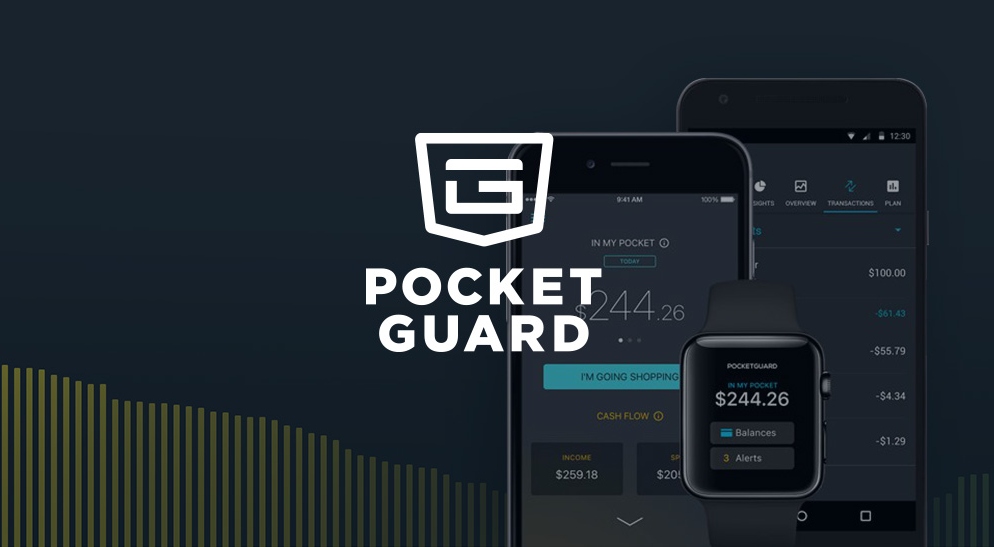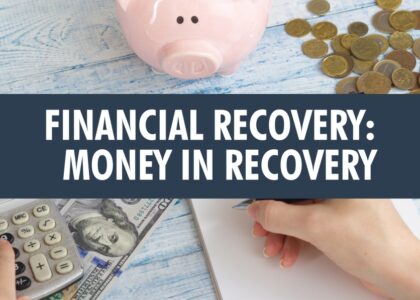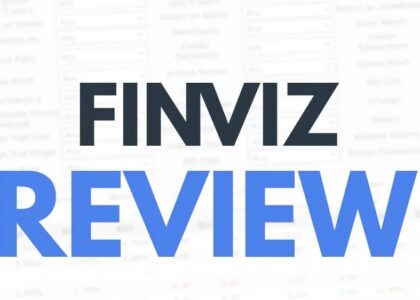In a world where one unexpected bill can throw your whole month off track, finding the right online budgeting tools is like giving your wallet a personal trainer. These digital gems don’t just help you track your spending—they teach you how to save smarter, stress less, and reach your financial goals without going off the rails.
What Are Online Budgeting Tools?
Online budgeting tools are digital platforms or apps designed to help you plan, track, and manage your money—all in one place. They’re far more effective than spreadsheets or mental math, and they’re a must-have in a digital-first financial world.
Why Smart Saving Starts with Smart Budgeting
Let’s be real: Saving money is tough when you don’t know where it’s going in the first place. That’s where budgeting comes in—it gives your money a job and keeps you accountable. Budgeting is the base camp for your climb to financial freedom.
Key Features to Look for in Online Budgeting Tools
Here’s what makes a budgeting tool worth your time:
- User-Friendly Design: You shouldn’t need a degree in finance to use it.
- Bank Syncing: Automates your financial life by pulling in transactions.
- Custom Categories: Tailor your budget to fit your lifestyle.
- Security: Military-grade encryption is a must.
Top 7 Online Budgeting Tools for Smart Saving
1. Mint
Mint is the OG of budgeting tools. It’s free, easy to use, and perfect for beginners.
Pros:
- Free to use
- Connects all accounts in one place
- Offers credit score monitoring
Cons:
- Ads can be annoying
- Limited customization
2. YNAB (You Need A Budget)
YNAB is a cult favorite for a reason. It uses a zero-based budgeting system, which means every dollar gets assigned a job.
Pros:
- Great educational resources
- Helps break the paycheck-to-paycheck cycle
Cons:
- $14.99/month or $99/year
- Steeper learning curve
3. PocketGuard

Perfect for impulse spenders, PocketGuard shows you exactly how much you have “left to spend” after bills and goals.
Pros:
- “In My Pocket” feature
- Simple interface
Cons:
- Limited goal tracking
- Free version has fewer features
4. Goodbudget
Goodbudget uses the old-school envelope method, but digitally. Great for couples and those who prefer a manual input approach.
Pros:
- Easy for couples to share
- Helps reinforce disciplined spending
Cons:
- Manual entry is time-consuming
- No bank syncing on free plan
5. Empower (formerly Personal Capital)
Empower is more than a budgeting tool—it’s also a powerful wealth tracker. Great for those with multiple assets.
Pros:
- Visual financial dashboards
- Free financial planning tools
Cons:
- Focuses more on investments
- Not as hands-on for budgeting
6. EveryDollar
Designed by the Dave Ramsey team, EveryDollar sticks to a zero-based budget and is ideal for debt payoff.
Pros:
- Easy to use
- Focuses on debt elimination
Cons:
- Free version lacks bank syncing
- Paid version is $12.99/month
7. Monarch Money

One of the newer kids on the block, Monarch is clean, customizable, and collaborative—perfect for partners or families.
Pros:
- Collaborative features
- Excellent UX
Cons:
- Premium-only
- Less known (for now)
How to Choose the Right Tool for Your Needs
Ask yourself:
- Do I want automation or manual control?
- Am I budgeting alone or with a partner?
- Do I want investment insights too?
Answering these helps match you with the perfect tool.
Free vs Paid Budgeting Tools
Free tools are great for starters, but paid ones offer more features and depth. If you’re serious about taking control of your finances, the paid versions often pay for themselves.
Tips for Getting the Most Out of Online Budgeting Tools
- Set goals (like paying off $5,000 in debt or saving $200/month)
- Check in weekly
- Use reminders and notifications
- Don’t ignore the reports—they show you patterns!
Real-Life Examples: Success Stories Using Budgeting Tools
- Sarah paid off $12,000 in credit card debt in 10 months using YNAB.
- Marcus and his wife used Goodbudget to save for their first home.
- Jen, a freelancer, finally balanced her income fluctuations using Monarch Money.
Budgeting Tools and Debt Recovery
Online budgeting tools help you visualize the debt monster and slay it, one payment at a time. Tools like EveryDollar and YNAB are built for this journey.
Budgeting Tools for Freelancers & Gig Workers
Fluctuating income? No problem. Pick a tool with customizable income categories (like Monarch Money or YNAB) and update them weekly.
Related Resources from GetCashVibe
- Top Investment Alternatives to REITs
- Passive Income Hacks for Beginners
- How to Break the Paycheck-to-Paycheck Cycle
FAQs
1. What is the best free online budgeting tool?
Mint and PocketGuard are both strong contenders for top free options.
2. Are budgeting tools safe to use with my bank information?
Yes, most reputable tools use bank-level or military-grade encryption.
3. Can budgeting tools help with debt repayment?
Absolutely. Tools like EveryDollar and YNAB are especially helpful for tackling debt.
4. What’s the difference between zero-based budgeting and traditional budgeting?
Zero-based budgeting assigns every dollar a role, while traditional methods often leave money unaccounted for.
5. Do budgeting apps work for freelancers or gig workers?
Yes! Look for apps with flexible income and expense tracking like Monarch Money or YNAB.
Conclusion
The best way to save money isn’t about earning more—it’s about managing what you already have. The right online budgeting tools can turn chaos into clarity and give you a financial edge. Don’t wait until the next emergency—start budgeting smart today.
Discover smarter ways to invest and grow your portfolio! Visit GetCashVibe today for more expert tips.






